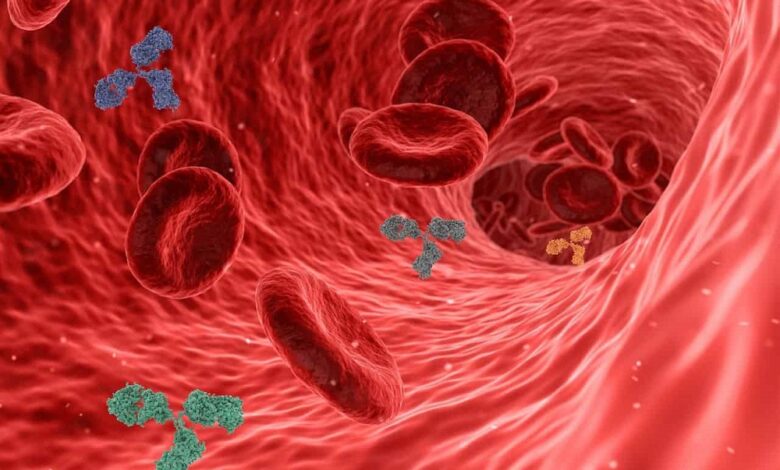
Microscopic bits of plastic particles referred to as microplastics (smaller than five millimeters) and nanoplastics (less than a 1,000 nanometers in size) have been found everywhere, from ocean depths to mountain tops, and in everything, from the food we eat, the water we drink, the air we breathe, and even in breast milk. Despite the near ubiquitous presence of microplastics and growing awareness of their deleterious impact on the environment, not much is known about their direct effect on the health and wellbeing of people.
In a landmark new study published recently, researchers at the University of Campania Luigi Vanvitelli in Italy have identified microplastics in human arterial plaque and linked them to adverse cardiovascular outcomes. The study is significant in being the first to not only identify nanoplastics in arterial plaques, but also the first to show that patients with nanoplastic infested plaques had a greater incidence of cardiovascular events such as heart attacks, strokes, or death than patients who did not have such plaques.
For their study, the researchers looked at samples of arterial plaque of more than 250 patients who had undergone a plaque removal surgery. They found the presence of polyethylene (PE) microplastics in nearly 60 percent of patients, while polyvinyl chloride (PVC) microplastics were discovered in about 12 percent of patients. PE and PVC are two of the most commonly manufactured forms of plastic and are used in everything from bottles to building materials.
The study, which followed the patients over an average of 34 months following their surgery found that patients with microplastics in their arterial plaque were 4.5 times more likely to experience a severe cardiovascular health outcome, including heart attack, stroke, or death, compared to individuals whose arteries did not contain these plastic particles
Although the study establishes only correlation not causation — it shows the presence of microplastics in plaque but does not prove that the health outcomes are due these particles — it is nevertheless quite significant. While there is clearly much more work to do before the health effects of microplastics can be proven to affect heart health, the study does establish a strong downstream cardiovascular risk for patients with microplastics in their plaque.












